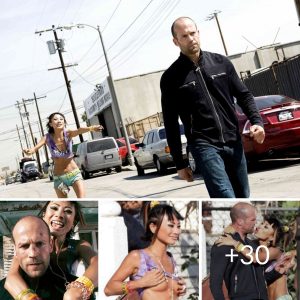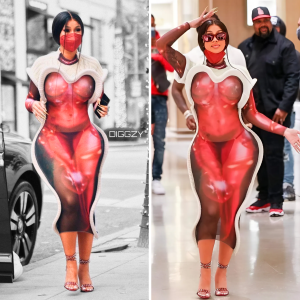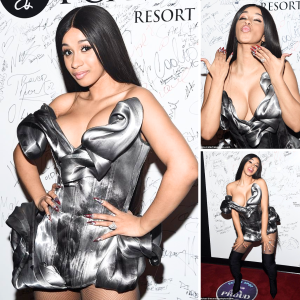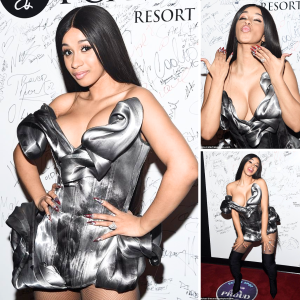In the realm of entertainment, controversies often arise, shedding light on the darker aspects of fame and fortune. Recently, the spotlight has turned towards hip-hop mogul Diddy and rapper Yung Miami, with startling allegations likening them to the infamous Epstein. This revelation has sparked a renewed discussion about the industry’s underbelly and its ethical implications.
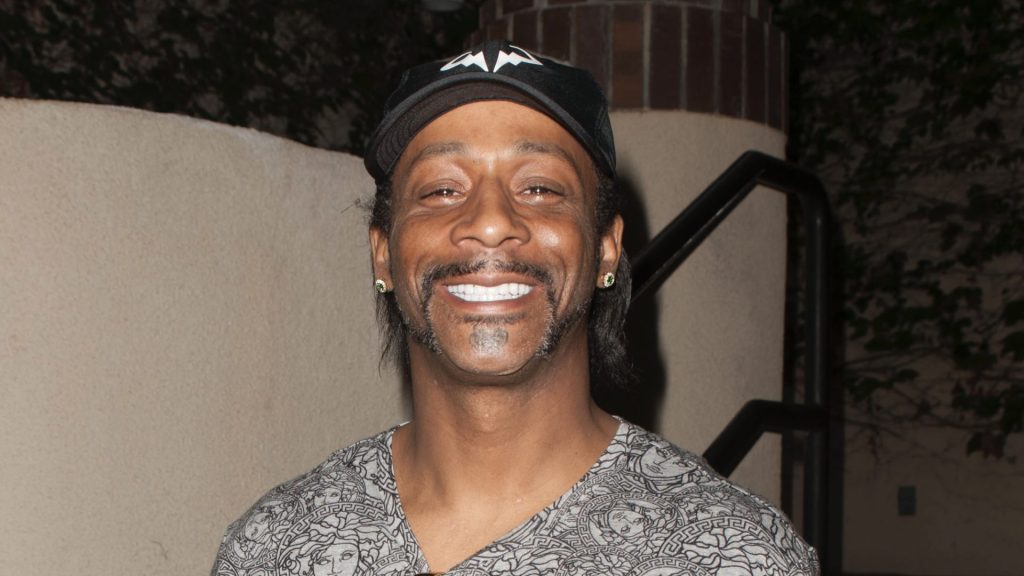
The parallels drawn between Diddy, Yung Miami, and the Epstein scandal have ignited a firestorm of debate within the hip-hop community and beyond. Many are drawing comparisons to Katt Williams’ infamous remarks, suggesting that there may indeed be troubling similarities between the two situations.
Williams’ outspoken commentary on the entertainment industry has long been a subject of both admiration and controversy. His bold assertions have often struck a chord with audiences, prompting reflection on the deeper issues at play behind the glitz and glamour.
:max_bytes(150000):strip_icc():focal(689x9:691x11)/Diddy-and-Yung-Miami-Relationship-Timeline-011223-3-581ff9151aea4602930d100747af3150.jpg)
The term “The Epstein’s of Hip-hop” has quickly gained traction, encapsulating the essence of the allegations against Diddy and Yung Miami. Just as Epstein’s name became synonymous with exploitation and abuse, so too are these accusations casting a shadow over the music industry’s elite.
While it’s essential to approach such allegations with a critical eye and an open mind, the mere existence of these comparisons underscores a broader conversation about power dynamics and accountability within the entertainment world. As fans and consumers, it’s crucial to demand transparency and ethical conduct from those we elevate to stardom.

In conclusion, the recent allegations against Diddy and Yung Miami have reignited discussions about the darker side of fame and fortune. Drawing comparisons to the Epstein scandal, these accusations prompt reflection on the ethical implications of the entertainment industry’s elite. As Katt Williams once remarked, the truth often lies beneath the surface, waiting to be uncovered.
